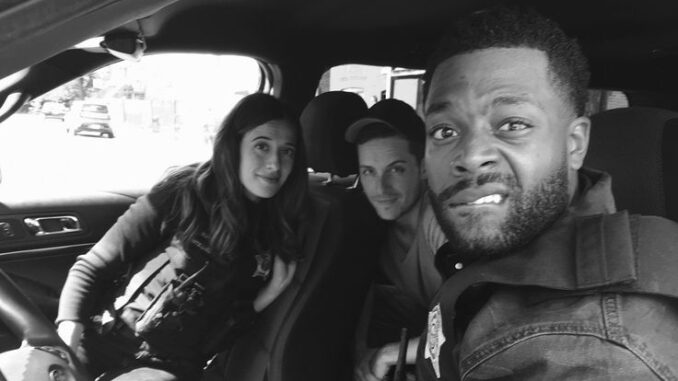
One Tree Hill, which aired from 2003 to 2012, was a fan-favorite WB/CW drama that turned Sophia Bush into a household name. Playing Brooke Davis, she quickly became a fan favorite. But while her on-screen character evolved from a shallow cheerleader to a strong, ambitious woman, Bush’s off-screen experience was anything but empowering.
Sophia described the working conditions as grueling and “physically punishing.” She detailed how she was forced to continue filming despite injuries, fatigue, and even illness. “We were expected to show up no matter what,” she shared. “There were no sick days, no allowances. You had to smile, perform, and keep your body camera-ready—whether or not you could stand upright.” She compared her time on the set to “physical hell,” citing long hours, inadequate safety protocols, and an overwhelming pressure to maintain a certain image—an image dictated not by health or self-worth, but by production schedules and male expectations.
Bush recalled moments of gaslighting and intimidation. “We were kids. He was in power. And there was this unspoken rule: if you spoke out, you’d lose everything.” She added that cast and crew members alike were caught in a system where speaking up meant risking your career. It took years for Sophia to find the courage—and the platform—to speak up. While she hinted at her discomfort in earlier interviews, it wasn’t until the #MeToo movement gained momentum that she, along with others from the One Tree Hill cast, issued a joint statement in 2017 accusing Schwahn of sexual harassment and psychological manipulation.

In recent years, Bush has turned her experiences into power. Through her podcast, Work In Progress, she creates a space for open, honest conversations about healing, feminism, and personal growth. “I’m not sharing this to dwell on the pain,” she said. “I’m sharing it because I know so many people—especially women—go through similar experiences in silence. If my story helps someone else find their voice, then it’s worth it.” She emphasizes that healing is not linear. “There are still days when I get triggered,” she admits. “But now I have tools. I have support. I have boundaries.”
While the trauma of her past remains part of her story, Sophia Bush is determined not to let it define her. She’s moved on to new roles—on and off-screen—that align more with her values. From leading roles in Chicago P.D. to launching nonprofit initiatives like I Am A Voter, Bush has reclaimed her identity, her artistry, and her power. “I used to feel like I owed everyone everything—my time, my energy, my silence,” she said. “Now I know I don’t owe anyone access to my pain unless I choose to share it.”
Bush’s revelations have reignited conversations around how young women are treated on TV sets—and how power dynamics in Hollywood continue to silence voices. Her courage is helping push for a more transparent, accountable, and ethical entertainment industry. In light of her statements, industry unions like SAG-AFTRA have echoed the need for stronger protections for actors—especially those working on long-term TV projects where control and influence can easily be abused. Bush’s story is also serving as a wake-up call to production companies and networks: the era of quiet suffering is over. Audiences care not just about what happens on screen, but how people are treated behind it.
Sophia Bush’s decision to share her story publicly is not only brave—it’s necessary. It sheds light on the unseen costs of the industry’s glamour and reminds us that behind every polished scene, there may be stories of struggle, fear, and survival. Her words resonate far beyond the walls of a soundstage. They speak to anyone who’s ever endured trauma in silence, anyone who’s ever felt powerless in a system designed to keep them quiet. As Sophia Bush says: “You’re allowed to walk away. You’re allowed to heal. And you’re allowed to demand better.”
